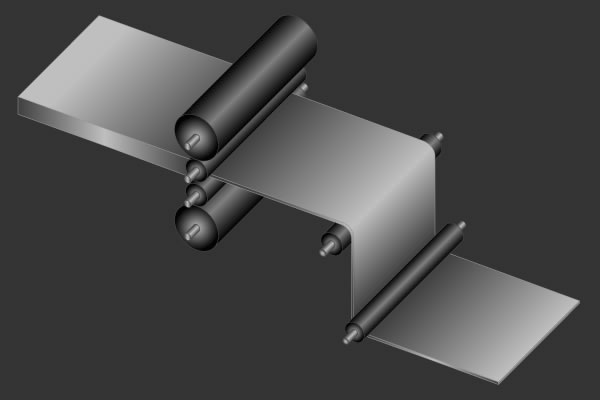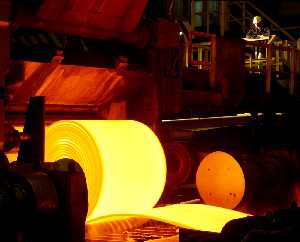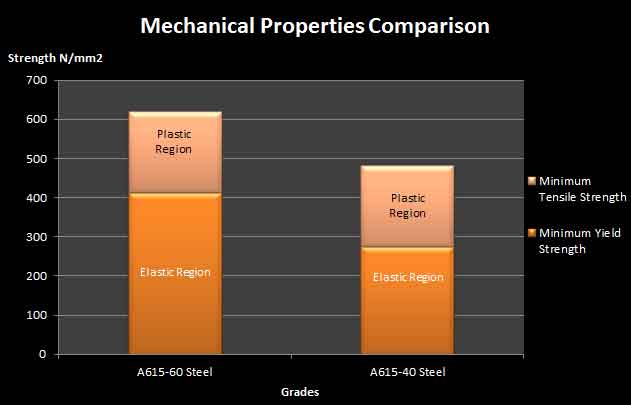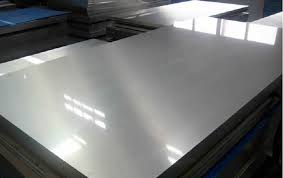A Brief on Metallurgical Engineering
Engineers are schooled to develop understanding on engineering and application of differences sciences, they are taught about various tooling systems. The journey toward becoming an engineer starts in college. To get into engineering school, you want great grades in high school, especially in maths and science subjects.
Defining Your Career Path
If you’ve got an interest in engineering, do your analysis into the field that you wish to go and see precisely what you’ll be doing. Have you made a decision what kind of engineer you wish to be yet? There are so very many different disciplines to select from , for example aerospace, environmental, commercial, metallurgical, electric, aeronautical and a lot more.
Each field has its own unique challenge. Each profession will be different with other results and it’s up to the individual to reach their greatest potential. Having more information in mathematics and physic will help you to be perform better in your engineering profession.
Scope of Metallurgical Engineering
Metallurgical engineering is an offshoot of material engineering that deals with the discipline of chemical and physical behavior of metallic elements, heat treatment processes and intermetallic compounds. It is involved with the principles of mix metals or alloys and everything related to them. Metallurgical engineering is everything about metals and their properties. Metallurgical engineering is split up into 3 branches.
They are specifically, physical metallurgy, extractive metallurgy and mineral processing.
- Physical metallurgy deals with the development of metallic alloys to be used by the concerned industries for numerous intensive purposes. Learn about alloys like SUS 630 Precipitation Hardening Stainless Steel – JIS G4303, 1.3343 High speed Steel Grade and 42CrMo4 High Grade Molybdenum Alloy steel.
- Extractive metallurgy, deals with the extraction of metals from its ore. Learn about Phosphorus Chemical Symbol ‘‘P’’ Atomic Number 15, Sodium Chemical Symbol “Na” Atomic Number 11, Antimony Chemical Symbol “Sb” Atomic Number 51 and Magnesium Chemical Symbol “Mg” Atomic Number 12
- Mineral processing involves the getting of mineral products from the crust of the earth. Metallurgical engineering is among the most engaging branches of engineering.
Metallic compounds can be discovered in jewellery, autos and many items we use in our day to day life. Each ore have to be a touch treated from its raw form to make it serviceable. Aluminium, copper, titanium and nickel are usually studied and experimented with in metallurgical engineering. They create alloys by mixing these elements and metallic compounds, every one of which will have properties and traits clearly different than the others.
The Outcome of Metallurgical Engineering:
Metallurgical engineers regularly create new alloys by mixing diverse alloys to meet the various wants and express factors in metal industry. Metallurgical engineers work on alloys to make them withstand high temperature so they may be employed for different applications.
The Future Prospect of Metallurgical Engineering:
Metallurgical engineers are employed in numerous industries and work for firms that refine, produce, develop and design new metals alloys.







